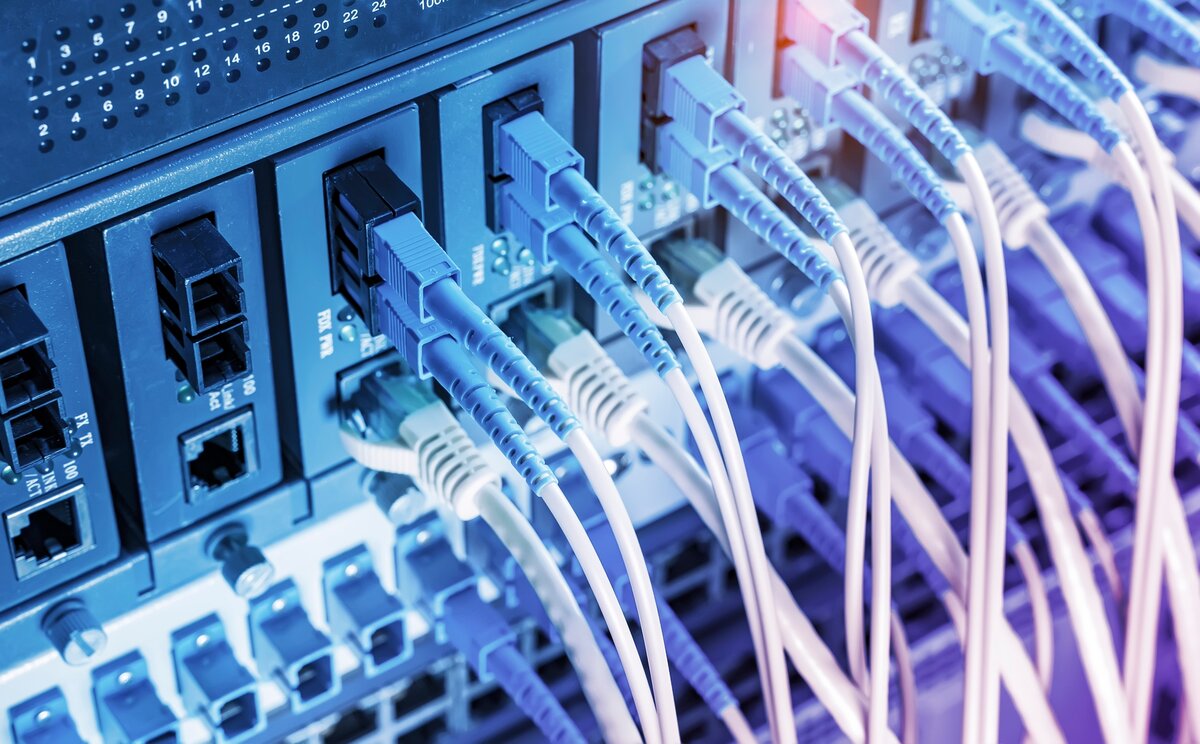If you drive around my hometown of Midland, Michigan this week, you’ll see a constant stream of utility workers. Many of them work for internet companies and are hard at work expanding services.
Charter and AT&T have both announced expansions of fiber internet. In the last two years, my bill with Charter declined by $20 per month while at the same time almost quadrupling in speed.
A new competitor, Ripple Fiber, has also entered the market. The company is in 1,200 homes with a goal of getting to 12,000 in the next year. Plans run from $65 per month for 500 Mbps to $95 for 2 Gbps. And Omni Fiber is expanding, focused on more rural and hard-to-reach areas.
That’s how things are supposed to work for consumers. A variety of companies in the market competing over customers with the government setting an even playing field for everyone. Midland has done a good job following the advice of the Mackinac Center’s broadband toolkit for local governments and high-speed internet at competitive pricing has followed.
That’s in stark contrast to what has happened in Traverse City. For at least six years, the public electric utility, Traverse City Light & Power, has been pushing hard for a government-owned and operated high-speed internet service across the city. This network has costs millions in taxpayer dollars and missed virtually every goal – in terms of cost, build-out and number of customers.
Phase 1 of the project – a full build-out in the core of the city – was supposed to be done years ago. The TCL&P predicted it would be built with 50% of people signing up for service in by year two and bring in $1.2 million. The latest claims is that it may finally get done by the end of this year or in 2026 and the services currently rolled out have resulted in a $645,000 deficit.
That’s why the network is asking for another $1 million loan from taxpayers for a project that has now ballooned to $14 million. Taxpayers are ultimately on the hook of not enough people sign up and the network fails financially, as has repeatedly happened with other city-owned internet systems.
And what have customers gotten for all this time, effort and money? Not much. The public-run network – TCLPfiber – currently offers monthly plans costing $60 (up to 200 Mbps), $70 (up to 500 Mbps) and $90 (up to 1 gig). The main private provider – Charter Spectrum – currently offers monthly plans costing $30 (up to 100 Mbps), $50 (up to 500 Mbps) and $70 (up to 1 gig).
In sum, taxpayers have shelled out $3.5 million for a fiber/smart grid project in Traverse City and are on the hook for $14.5 million for internet speeds that are more expensive than what the private operator currently provides. That’s really bad – even for government work.

